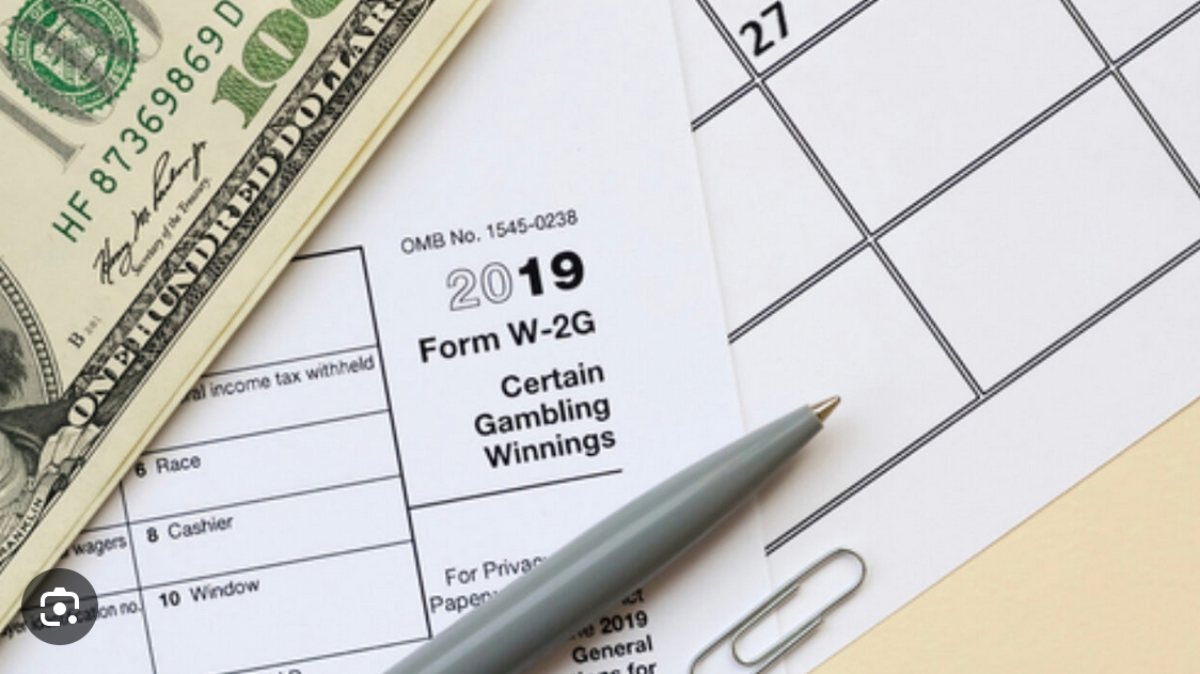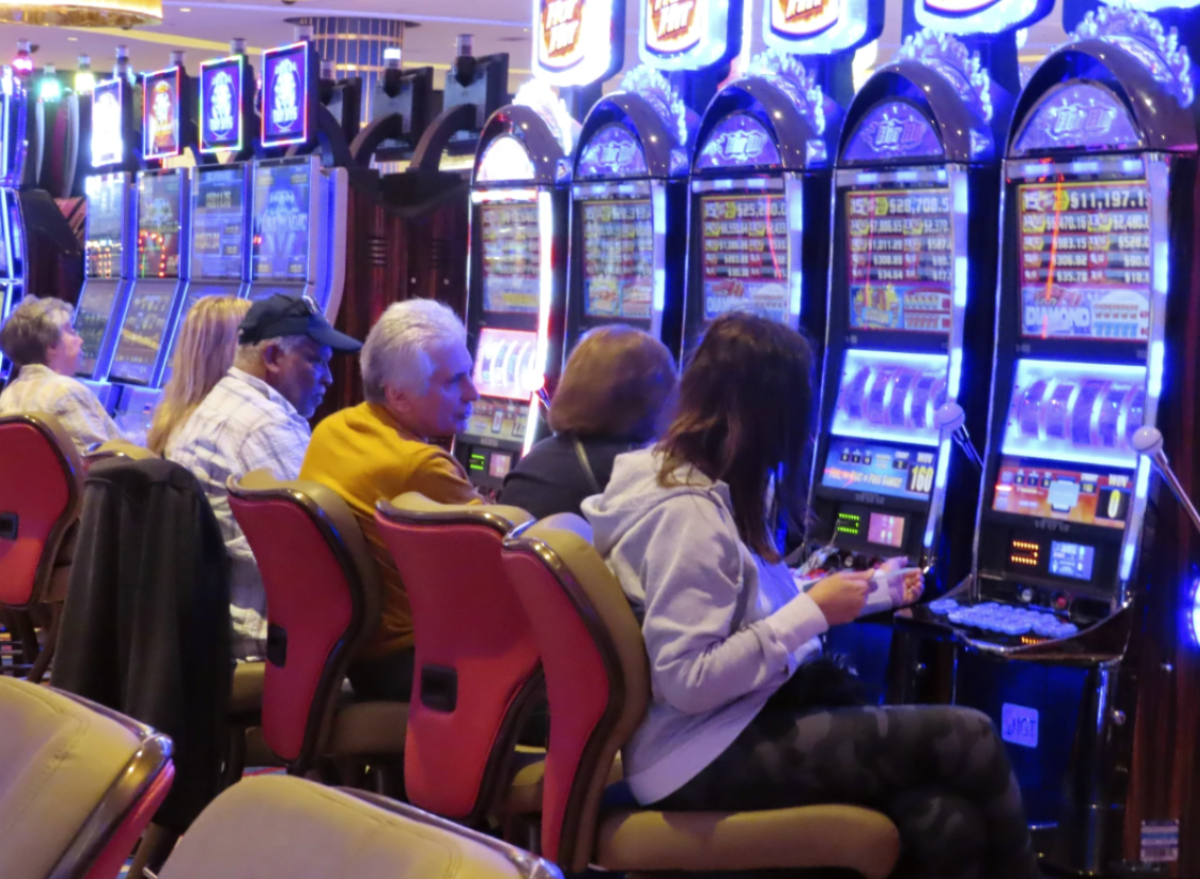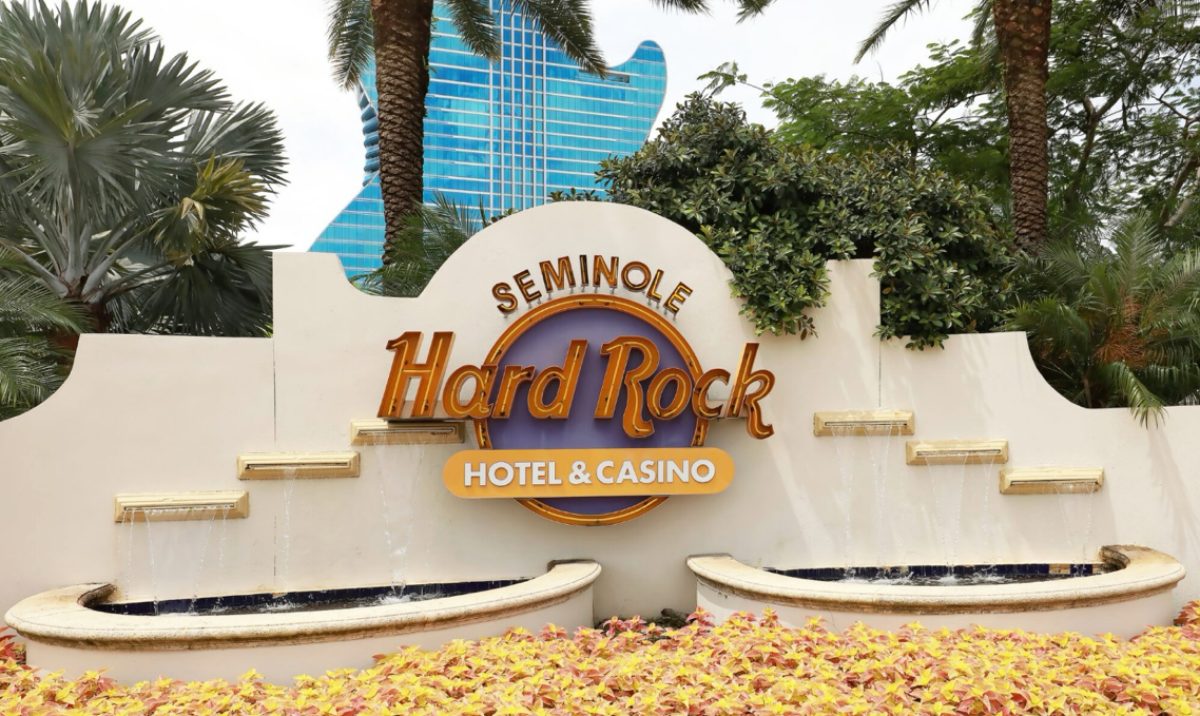
Major developments in taxation, gambling, and online sports betting legislation were reported last week. Here are the top stories:
Mississippi is one of the 39 states where sports betting, on both professional and college sports, is legal. It is, however, limited to only in-person bets placed at physical casinos and riverboats. Online sports betting is not legal in Mississippi right now, resulting in potential tax revenue losses for the state.
The Mississippi House Ways and Means Committee is moving forward to counter this by passing House Bill 1881. This bill is being called the “Integrity in Gaming in Support of Honest Taxpayers Act,” and it aims to increase the tax revenue for the state by raising the tax on gross gaming revenue (GGR) of casinos from 12% to 16% after keeping it the same for over a decade.

State Rep. John ‘Trey’ Lamar, who sponsored this bill, estimates that ‘the increase would deliver the state around $50 million annually in additional gaming funds.’
This Bill was passed after all efforts to allow online sports betting in the state faced robust opposition in the Senate. The lawmakers pointed out that such an action would be detrimental to local casinos that might see reduced foot traffic, leading to reduced gaming revenue and lower food and beverage sales.
Rep. Casey Eure, who is in favor of the tax increase, argues that
“People are doing mobile sports betting through offshore companies”
Eure is co-sponsoring the House Bill 1302 that aims to allow online sports betting in the state. The members opposing this bill worry that this would make it difficult for smaller casinos to be competitive with big players such as FanDuel, BetMGM and Draftkings.
There is also strong opposition from the highly influential religious groups such as The Mississippi Baptist Convention, which have called upon their followers to call their representatives and express opposition to online sports betting.

New Jersey is moving towards a potential tax hike for iGaming and online sports betting. Last week, Gov. Phil Murphy proposed raising the state tax on the gross gaming revenue of iGaming incomes from 15% to 25%, while raising the online sports betting tax from 13% to 25%. This was followed by the introduction of Assembly Bill 5349 and a Senate Bill 5349, which proposed an even higher tax rate of 30% on all iGaming and online sports betting revenue.
The state plans to use the money from these tax hikes to fund the record high state expenditure plan of $58.1 billion. The governor has also proposed tax raises on alcohol, tobacco, and recreational cannabis in a push to increase tax revenue for the state.
If passed, this is going to be a significant blow for the gambling companies operating in the state. The Casino Association of New Jersey has responded by persuading its players to “take actions” against the proposed tax hikes.
The Sports Betting Alliance has put up a form on its website, which visitors can use to easily send a message to New Jersey lawmakers. A portion of the message reads,
“I strongly oppose the proposed tax hike on legal mobile sports betting and iGaming. This tax increase will mean less innovation, fewer promos, and a weaker legal market—driving more bettors to illegal sites… New Jersey has been a leader in online betting—let’s not mess that up.”
Visitors can quickly send this message after adding their personal information on the page. Four members of The Sports Betting Alliance, BetMGM, DraftKings, FanDuel, and Fanatics, are displaying similar messages on their sites. They are asking their players to raise opposition to a “nearly 100%” tax increase proposed by the state, adding that “With massive, unfair hikes like this, everyone loses.”

The gambling ban in Florida is set to be expanded to include online sports betting, internet casino gaming and sweepstakes casinos. On Monday, Rep. Walter Barnaby filed Bill HB953, while Sen. Corey Simon filed a separate Bill, S1404, on Wednesday. Both bills aim to expand the definition of internet gambling to include everything from sports betting to simulated casino style gaming.
The language used in the bills leaves room for Seminole Tribe businesses to remain unaffected. The Seminole Tribe is looking to expand into the business of online casino gaming with the help of Hard Rock, who has been offering online sports betting since December 2023.
The bill’s definition of internet gambling is worded as follows:
“…means to play or engage in any game in which money or other thing of value is awarded based on chance, regardless of any application of skill, that is available on the Internet and accessible on a mobile device, computer terminal, or other similar access device and simulates casino-style gaming, including, but not limited to, slot machines, video poker, and table games.”
If approved, the bills will impose an effective ban on sweepstakes casinos operating within the state. Sweepstakes casinos offer free-to-play casino games, which earn the players rewards. These rewards can then be converted into payouts. The key phrase “simulates casino-style gaming” in the definition included in the Bill makes such kind of gambling games illegal.